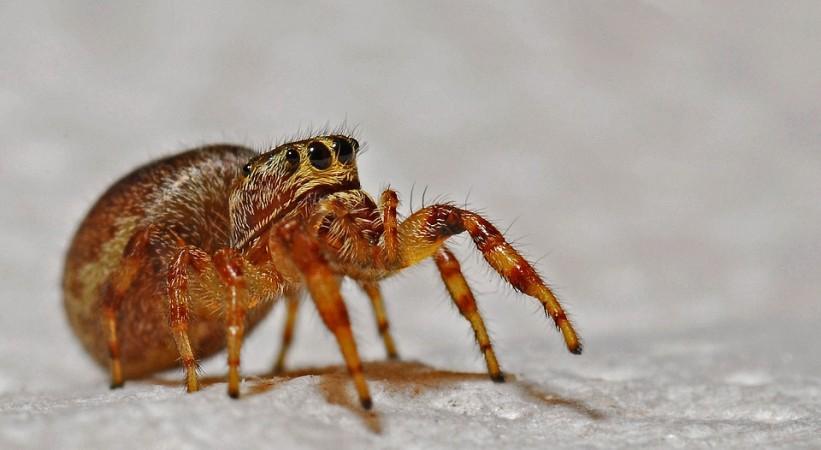
From late September to mid-October, giant house spiders that measure up to 7.5 cm in size generally enters houses in the UK. However, this year, the number will be more than ever.
The dark orange-brown coloured spiders are larger and bolder than the common house spiders. "As the summer was warm this year, it helped the eight-legged creature to get more flies and It's boosted their population – hence 150 million are now on the march indoors as the spider-nesting season starts," naturalist Malcolm D Welshman told Daily Mail.
This is their mating season and therefore the male spiders seek out the female ones, who are possibly in your cupboard or a corner of the shower or somewhere near the ceiling.
The head of Conservation Learning at Bristol Zoological Society, Simon Garrett added: "Spiders don't specifically want to enter your home – in fact, they'd rather stay away as there's less food and it's too dry and clean. It is the need to mate that changes their behaviour."
The male spiders keep mating with the female once it finds the female web. The female spider then stores the sperm over the winter that allows her to produce over ten egg sacs -- each containing up to 60 eggs in the following spring.
To avoid the giant house spiders you can do the following:
Cleanup
Cleanup the cupboards, dust away from the cobwebs and do not keep any leftovers that can attract insects that in turn will attract the spiders.
Use essential oils
You can spray peppermint oil near the doors and windows daily. Dilute the oil with water. You can also use eucalyptus oil, tea tree oil, cinnamon, rose or lavender as well. They would never enter your place for sure.
Cleanup plants
If you have plant pots or overgrown shrubbery underneath that can be the perfect housing for spiders. From those plants, it would enter your house too. So, clean them up, prune or get rid of it as required.
















